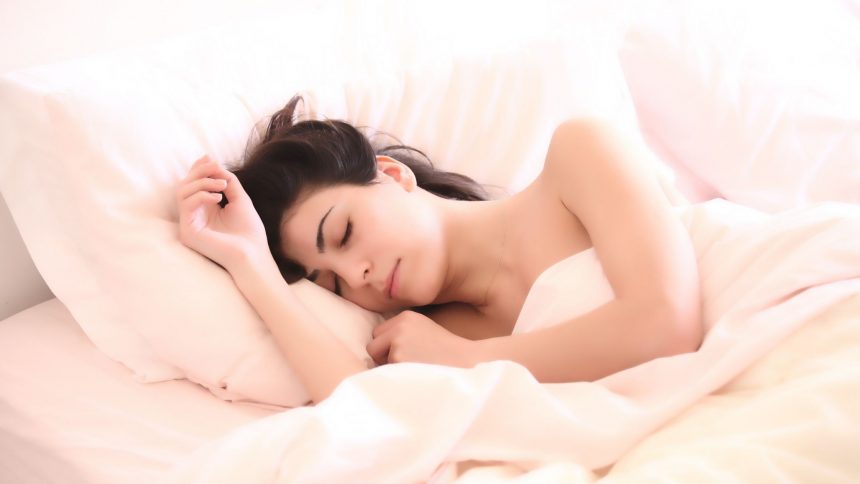By Dr. Alan Leavens
For a number of reasons, not the least of which is my concern about the pandemic, my sleep has taken a turn for the worse. Any suggestions?
“Sleep Hygiene” is a term that refers to a number of sleep habits that can help you fall asleep sooner and stay asleep longer. Following are some of the basic habits that promote healthy sleep:
1) Stick to a schedule of getting up and going to sleep at the same times each day, including the weekends
2) The room where you sleep should be dark and very quiet
3) No smoking, drinking alcohol, or using THC just before bedtime
4) Don’t eat much or drink much of any type of fluid close to bedtime
5) Don’t watch the news, exciting TV programs, or play computer games before bed. Better to read a book or watch something soothing or quiet
6) No caffeine (tea, coffee, soft drinks) after about 4pm
7) Physical exercise earlier in the day will help you sleep better at night
8) If you toss and turn unable to sleep, get out of bed and do something calming, like reading, drawing, or listening to soft music for a while.
Insomnia is one of the most common sleep disorders, identified mainly by difficulty in falling and staying asleep. Trying to go to sleep with unresolved problems upsetting you is a sure bet for insomnia. Often, we go to bed thinking about problems and try to solve them then, but this can create anxiety which will keep us awake. Make a concerted effort to address these issues long before bedtime. If that’s not possible, commit to avoiding internal dialog late at night and postpone it until the next day. Methods such as Constructive Worry help to manage the penchant for worrying during the period which should be denoted as quiet time or pre-sleep time. Numerous cognitive behavioral therapy solutions (cogbtherapy.com) address this particular bothersome issue.
Relaxation techniques aim to reduce emotional and physical tension and to sleep better and longer. These include deep muscle relaxation, autogenic training, biofeedback, and guided imagery. These are just a few of the many techniques used to assist in changing one’s sleeping habits.
There are numerous medical reasons for insomnia, including sleep apnea, chronic pain, restless legs syndrome, and rapid eye movement disorder (REM D/O), seen in Parkinson’s Disease and Lewy Body Dementia. Clearly, these require physician involvement.
So what’s the big deal? Can’t we make up for a bad night with a nap or longer sleep the next day? Actually, continual sleep deprivation puts you at risk. It can affect your immune system, cardiovascular system, and respiratory system, among others. If problems sleeping continue, and nothing seems to help, consult your physician. You may need to be tested for an underlying health condition that may not at all be obvious. Sleep is vitally important. Good night!
Alan Leavens PhD, is a California licensed Clinical Psychologist, living and working in SMA. For questions or concerns that you wish him to address, please email: aleavens@drleavens.com

